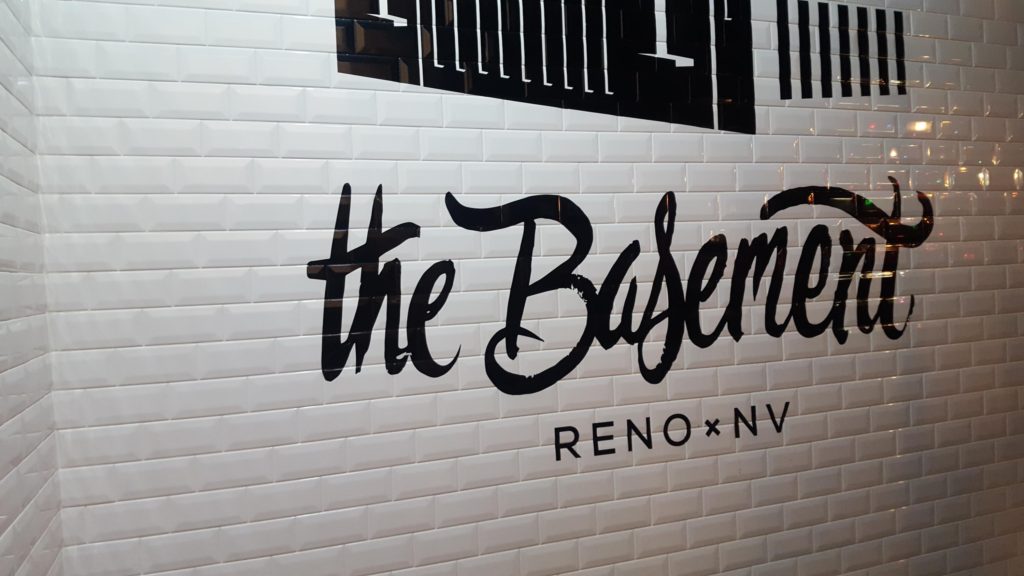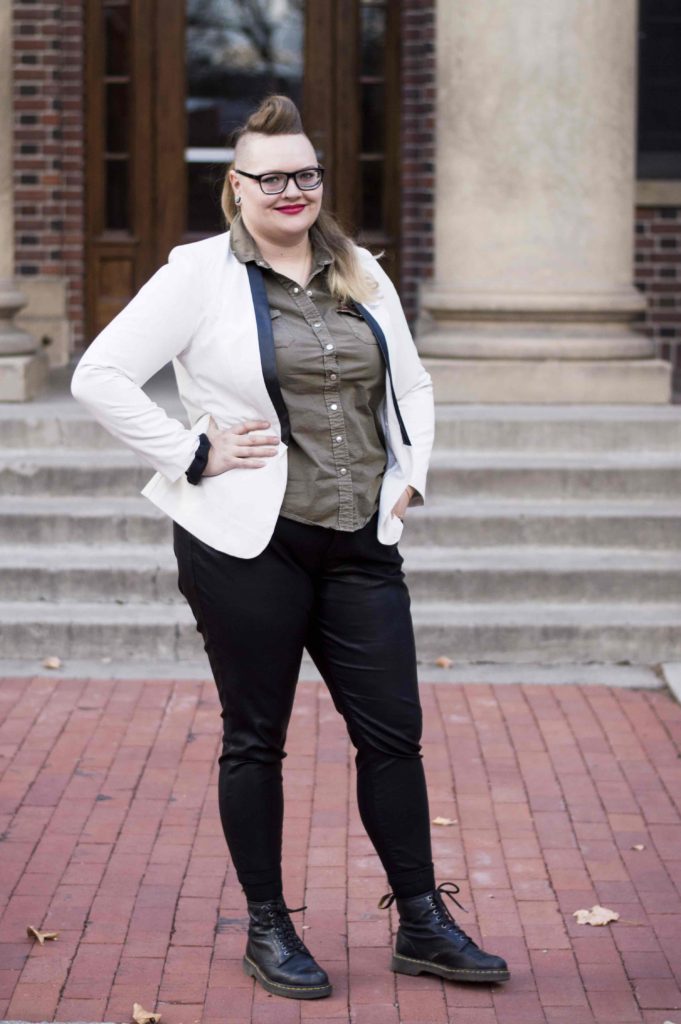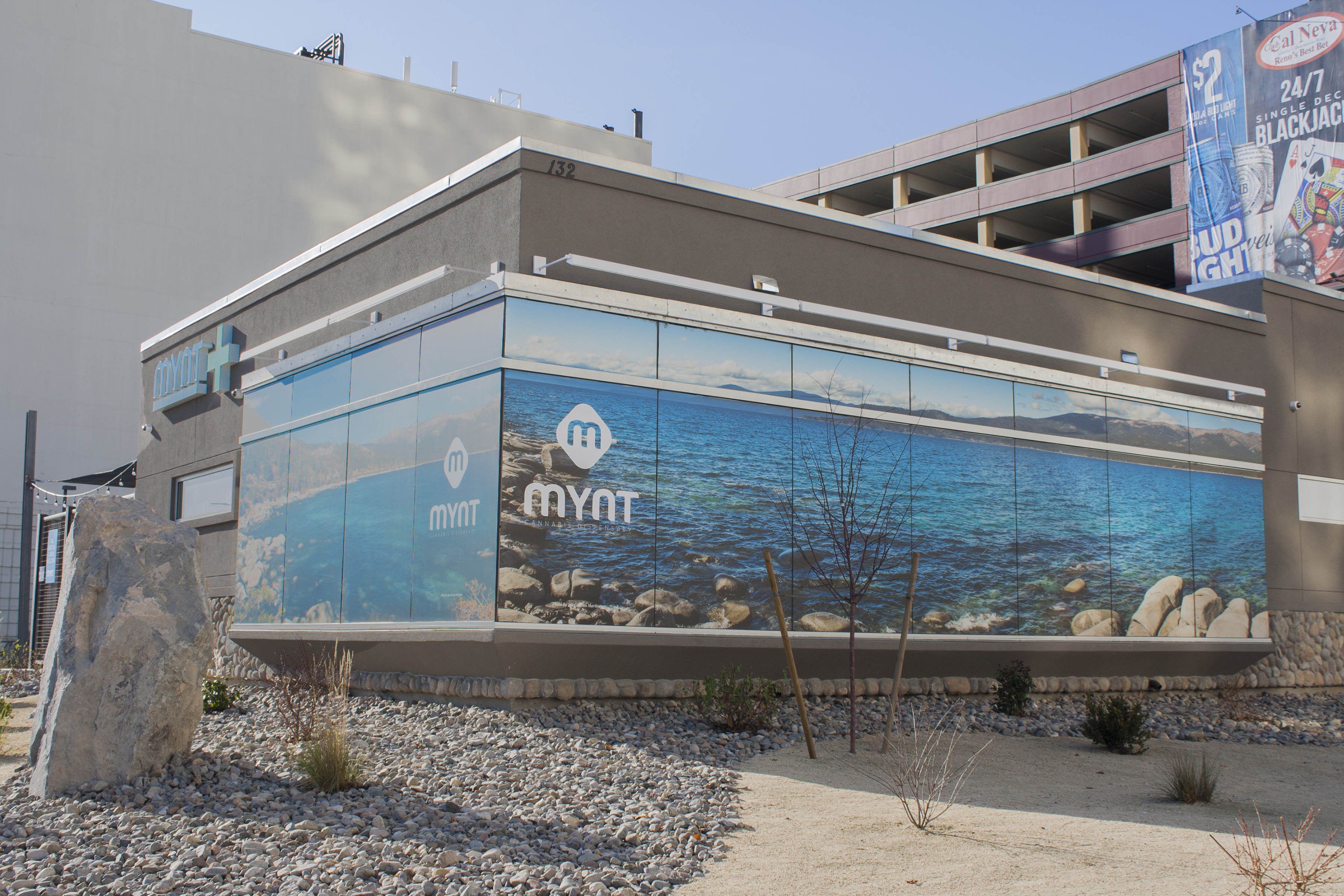Professor Angela Bennett is faculty in the English department at University of Nevada,Reno. Bennett grew up in Nevada and pursued her graduate degrees at New York University. Her department at NYU was quite diverse. “Gender and sexuality diversity was probably overrepresented with respect to the general population,” said Bennett, “So I never thought twice about what it would mean to be queer faculty and gender-nonconforming.”
However, Bennett has noted a lack of such diversity among UNR faculty. For her first two years at UNR she was the only continuing faculty who was queer within her department. “Being a six foot tall woman, number one, conformity is impossible when you live in that body,” said Bennett, “My body, even if I were attempting to conform, would offend some people because I am ‘too big too woman’. But when you add to the fact that I’m not even trying to conform, I’m a six foot tall woman with a mohawk and visible tattoos and body modifications,that will lead people in this space to just be hostile to me when I walk into places.”
“For me, as queer faculty and gender- nonconforming faculty, but white faculty, that means going into a space and acknowledging the privilege that I experience, as a white person and making it clear that I also exist in these marginalized identities,” said Bennett, who hopes that her awareness and representation can help her create a classroom atmosphere wherein students feel safe. “I want students to feel safe enough to take intellectual risks. Which is what’s necessary for people to learn,” said Bennett.
Bennett has been a participant in Babel, a collective of academics and scholars that promotes unconventional thinking and studies, for nearly ten years. The collective provides academic resources for researchers, artists, and more who do not have access to libraries or journals, allowing them to research and publish, without having attained tenure. “This whole group has been about dismantling hierarchies within the academy,” said Bennett, “I did my intellectual development in this safe intellectual space that Babel created.” From October 26 through October 29, Bennett brought their biennial conference to UNR. The conference focused on issues of race and intersectionality, with programming such as “Race and Risk in the University” and “White Supremacist Legacies Within the Academy.”
“Our focus on race was always part of it, but we pivoted more toward that after the events of Charlottesville,” said Bennett, “Especially since it was held at UNR, where one of our own students had become the poster child for the white supremacists who marched at University of Virginia.”
One panel was student-led. Five students addressed issues of inclusivity on campus for a room full of professors. Based on the student panel, Bennett is working on several projects to increase inclusivity at UNR. One such project is an inclusive pedagogies game, in which faculty have to draw identity cards that give them a certain background. “You draw Chicanix and this gives you a multiplier of times three every time you hit a microaggression you take three times as many as the card,” said Bennett, “And the faculty member has to play with this disadvantage that you experience from these intersections.”
While Bennett is glad UNR provides microaggression training, that is, training on commonplace behavior that creates a hostile environment for marginalized groups, she feels the game goes a bit further. Bennett hopes the game will be more successful than traditional microaggression training because the faculty members will be invested in their character. Bennett says that racism is pervasive, and by not actively being anti-racist people may unwittingly permit or take part in racist behavior. “I’d like for our faculty to have a chance to get inside the experiences of students that are going to be so different from their own experiences,” said Bennett, “And help them to understand these elements of a student’s identity can throw up roadblocks.”
Bennett tries to create classroom environments in which student identities are considered and are not roadblocks. Bennett has attempted this in her queer utopias class, which she taught in the Fall of 2017, with one goal of the class being to “dismantle hierarchies.” She did this by giving up some of her authoritative control and letting the students decide the trajectory of the class throughout the semester. “It’s about me guiding you through certain materials and certain modes of thinking, so you can do it on your own,” said Bennett, “It’s just radical potential, with that wide open syllabus the first day of class.” According to Bennett, allowing students to collectively choose the path of the semester, is another form of inclusivity. By acknowledging that students are adults with jobs, families, or other responsibilities outside of the classroom and taking that into consideration, the structure of the class changes to suit the students’ identities.
“There are all sorts of things that go into being a grown-ass human that the traditional college experience doesn’t really make space for,” said Bennett, “To hold students to those standards places an undue burden on students who do not fit that mold.”
Bennett’s Queer Utopias class and personal philosophies overlap. “I am a utopian. I am a person who lives in a way where I am trying to actively think about a better world, and whatever ways are in my power to bring that into existence,” said Bennett. “I walk around in this non-normative body and in so doing, even though I’m going to encounter hostility and possibly danger, I’m hoping that I make a space behind me,” said Bennett, “So that the next person that walks into that space and looks a little different, that they don’t feel as uncomfortable.”
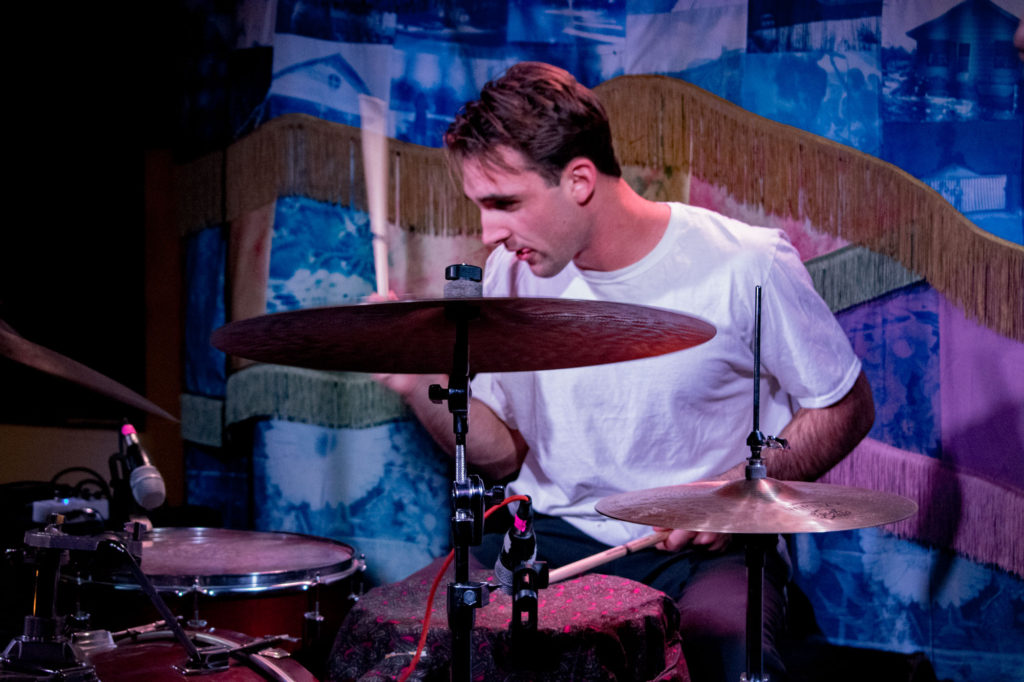
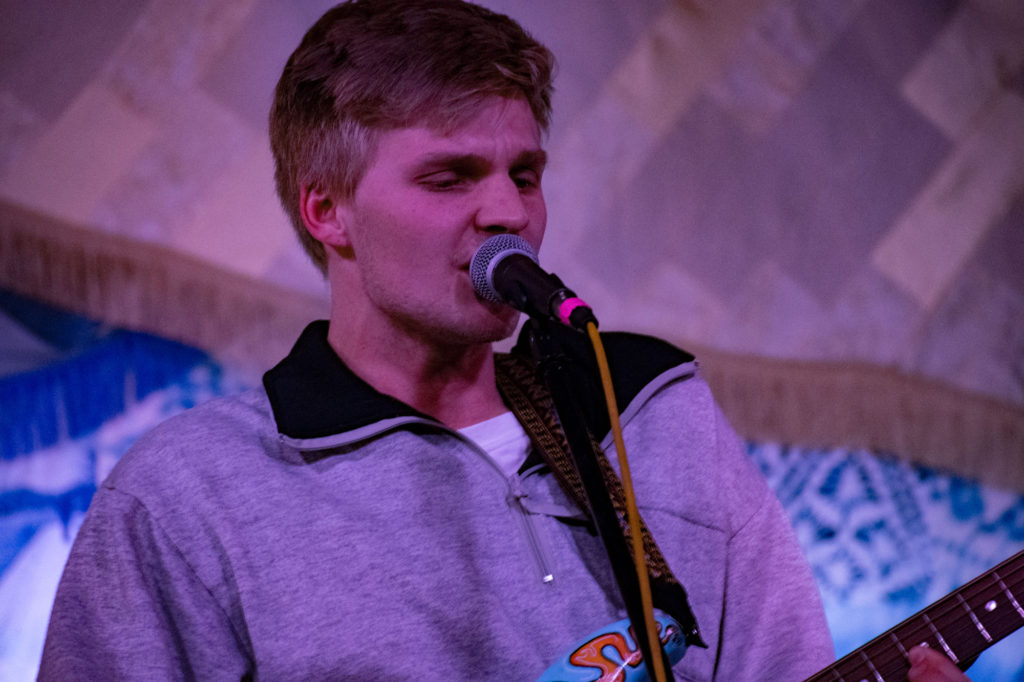 An intimate, eclectic crowd gathered in Reno’s Holland Project for Animals in the Attic. Spencer Rakela, frontman and co-guitarist along with Clayton LaFlamme on keyboard, Mitchell Grimenstein on drums, and Stefan Sorgea on guitar rocked Holland’s little corners with their bouncy and undoubtedly California-inspired sound.
An intimate, eclectic crowd gathered in Reno’s Holland Project for Animals in the Attic. Spencer Rakela, frontman and co-guitarist along with Clayton LaFlamme on keyboard, Mitchell Grimenstein on drums, and Stefan Sorgea on guitar rocked Holland’s little corners with their bouncy and undoubtedly California-inspired sound.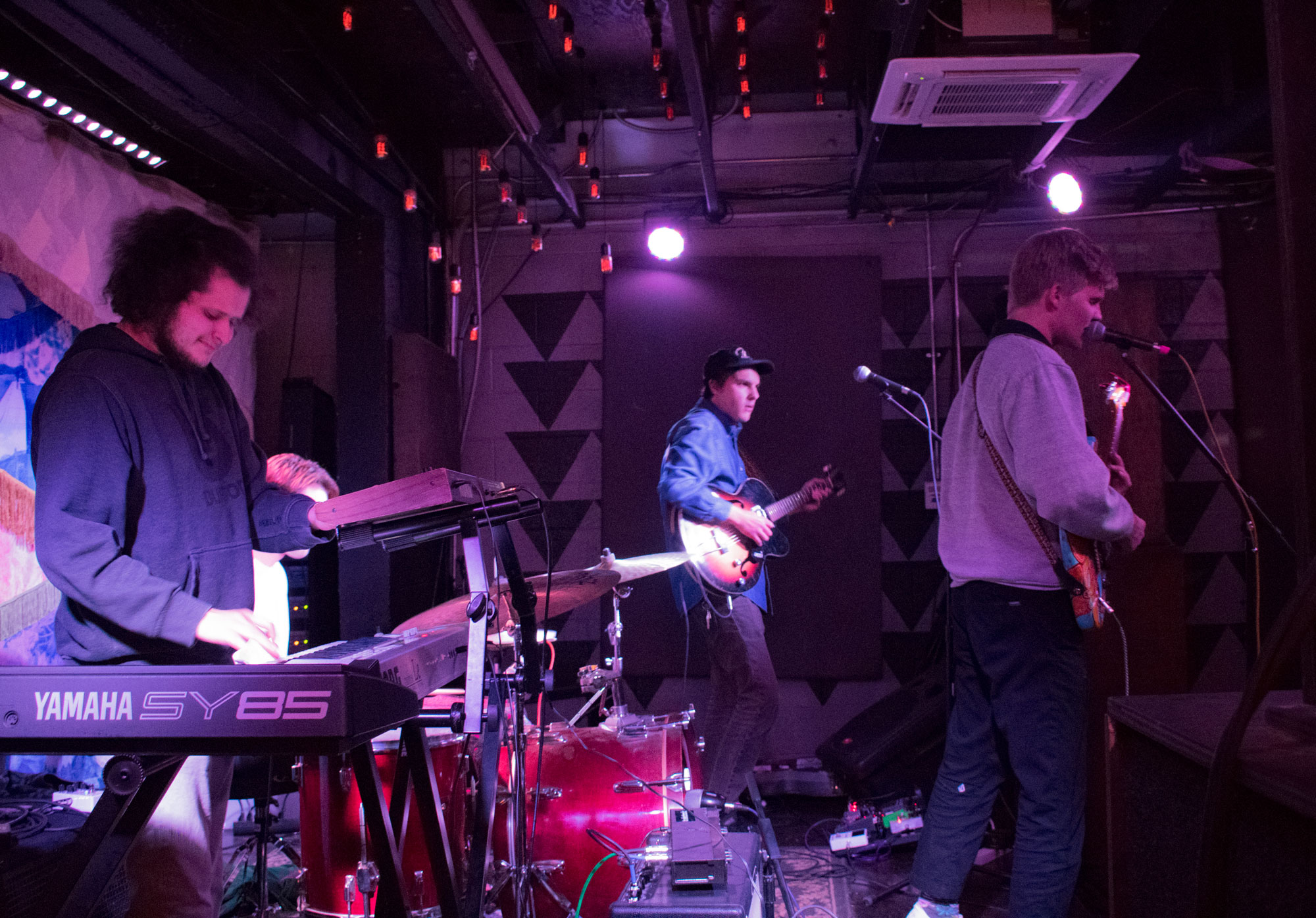
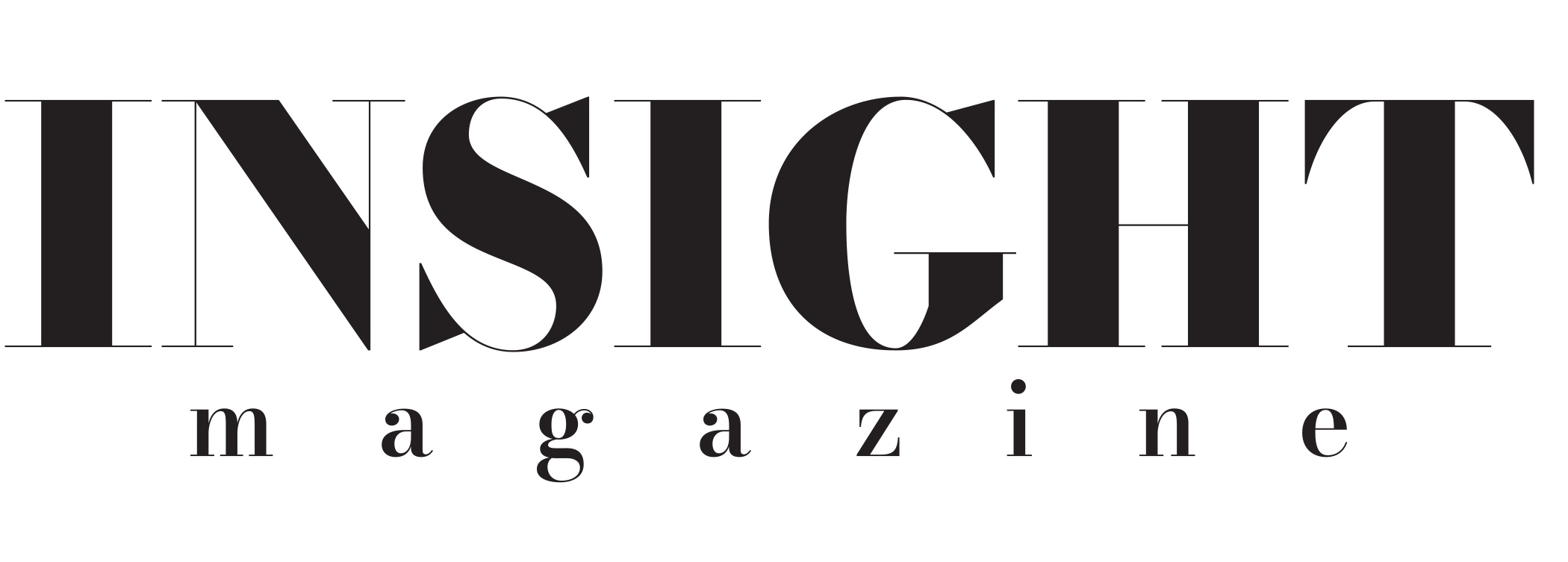
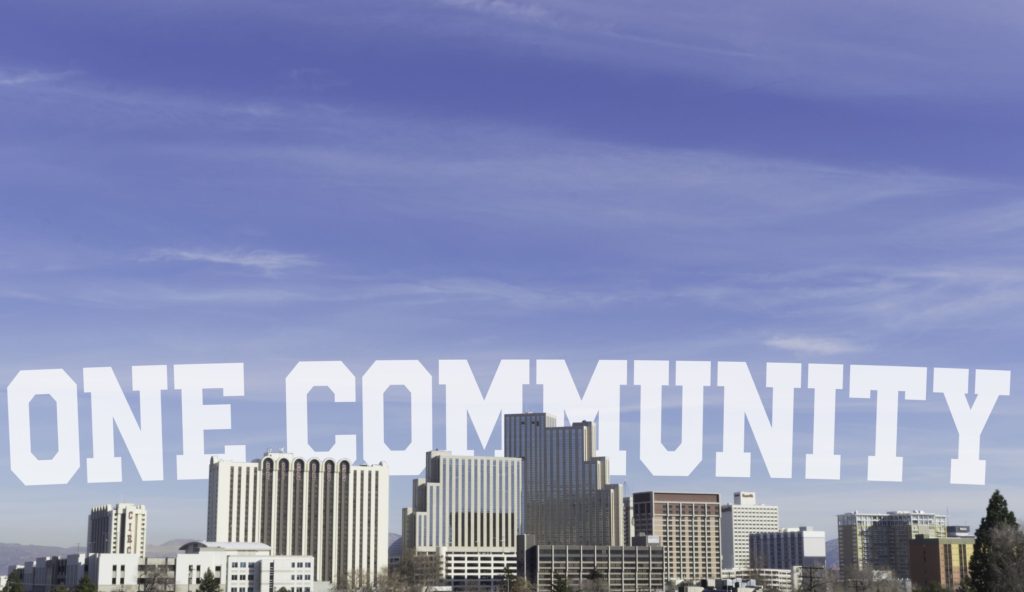
 Professor Elisabeth Miller and the University of Nevada, Reno have partnered with several local nonprofits, and for Miller’s English 401B Advanced Nonfiction class, students work with these nonprofit partners. In the class students work on creating and perfecting their own resumes and cover letters. However, they also work closely with their community partner in order to determine the needs of the organization and produce written content to help meet those needs. The coursework varies based on the needs of the organizations. The students are expected to produce approximately 10 pages of content for their community partner. The class is neither volunteerism nor an internship, but rather service-learning.
Professor Elisabeth Miller and the University of Nevada, Reno have partnered with several local nonprofits, and for Miller’s English 401B Advanced Nonfiction class, students work with these nonprofit partners. In the class students work on creating and perfecting their own resumes and cover letters. However, they also work closely with their community partner in order to determine the needs of the organization and produce written content to help meet those needs. The coursework varies based on the needs of the organizations. The students are expected to produce approximately 10 pages of content for their community partner. The class is neither volunteerism nor an internship, but rather service-learning.